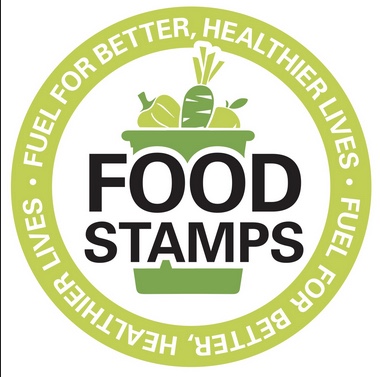As businesses and schools shutter and entire industries implode, the United States may be hurtling toward recession.
If so, we are woefully unprepared for it. That’s because both the Trump administration and state-level officials have spent the past few years dismantling the very programs that would normally cushion the blow.
The latest updates on the coronavirus
Usually, when the economy falters, some anti-recession measures kick in without politicians having to lift a finger. As people lose jobs and income, they start to automatically qualify for existing safety-net programs.
Or, as President Trump’s National Economic Council director, Larry Kudlow, put it last week, while batting away calls for major fiscal intervention: “Let’s not forget, we have automatic stabilizers in the budget, okay?” If the unemployment rate rises, he noted, then “unemployment insurance, food stamps, various welfare-related programs, those are automatic. You don’t have to go for additional appropriation.”
What Kudlow failed to mention is that this administration has been steadily working to make those “automatic stabilizers” much less automatic and much less stabilizing.
In just over two weeks, for instance, the Trump administration will start enforcing a new rule making it harder for Americans to get food stamps if they can’t find work. Which is presumably the time when food assistance might be most helpful.
To be clear, food stamp work requirements have long been on the books for certain recipients. But federal law also allows states to get temporary waivers for these requirements, for areas where unemployment is high.
The new Trump rule makes it much more difficult for states to respond quickly to a sudden spike in joblessness — such as, say, if a city completely shuts down because of a pandemic.




